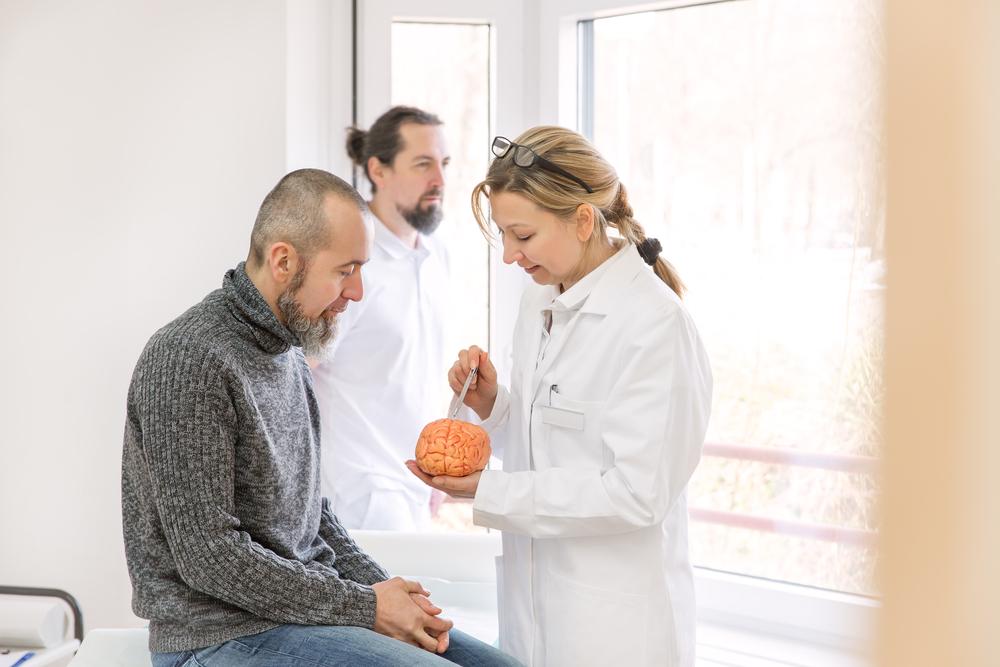Signs of hypothyroidism in infants, children and teenagers
Not just adults, hypothyroidism is a condition that can develop in infants and children as well. And since kids have a fragile immune system, you must be aware of all the possible signs of thyroid problems for them. There are two types of hypothyroidism in children, i.e., congenital and acquired underactive thyroid glands. The former is exists since the time of the birth while the latter develops during late childhood or adolescence.

Signs of thyroid problems in infants
Some babies can be born without or with a malfunctioned thyroid gland which leads to the onset of congenital hypothyroidism. Some of the symptoms of an underactive thyroid gland in babies are
- A huge, protruding tongue
- Puffiness in the face
- Choking ever now and then while feeding
- Jaundice which leads to the yellowing of the skin and eyes
As the condition progresses, babies could also suffer from excessive sleeping and constipation. In extreme cases, hypothyroidism in babies can also cause adverse effects on mental and physical development. However, the key to evade this condition is a timely diagnosis, immediately followed by necessary treatments. Since congenital hypothyroidism barely shows its signs, there is a compulsory routine check after the birth in hospitals. If the baby is delivered at home, then it is advised that the parents ensure a proper screening of their baby under the guidance of a good healthcare provider.
Signs of an underactive thyroid gland in older children and teenagers
Usually, children and adolescents who are suffering from hypothyroidism may exhibit similar symptoms as adults. This can include fatigue, constipation, impaired memory, depression, weight gain, discomfort in the muscles and joints, coarse hair growth, etc. These symptoms can be accompanied by other signs of thyroid problems such as
- Deferred puberty
- Frequent headaches
- Problems in vision
- Delayed development of permanent teeth
- Sluggish growth patterns which can lead to a short stature
- Weak cognitive development
If your child complaints or you observe the symptoms mentioned above, then immediately consult a doctor to gain clarity about the situation. Early diagnosis and treatment are important as kids are in their developmental years. Ignorance exercised in such cases can lead to long-term consequences.
Typically, most infants and older kids have to seek the assistance of a hormone replacement therapy, which a secure and effective method. Although, initially kids could face some side-effects such as restlessness, headaches, etc. but it’ll help them achieve a stable health condition. Besides, medical intervention, ensure that you regularly monitor your child’s progress as well as introduce better nutritional and lifestyle changes in their life.




